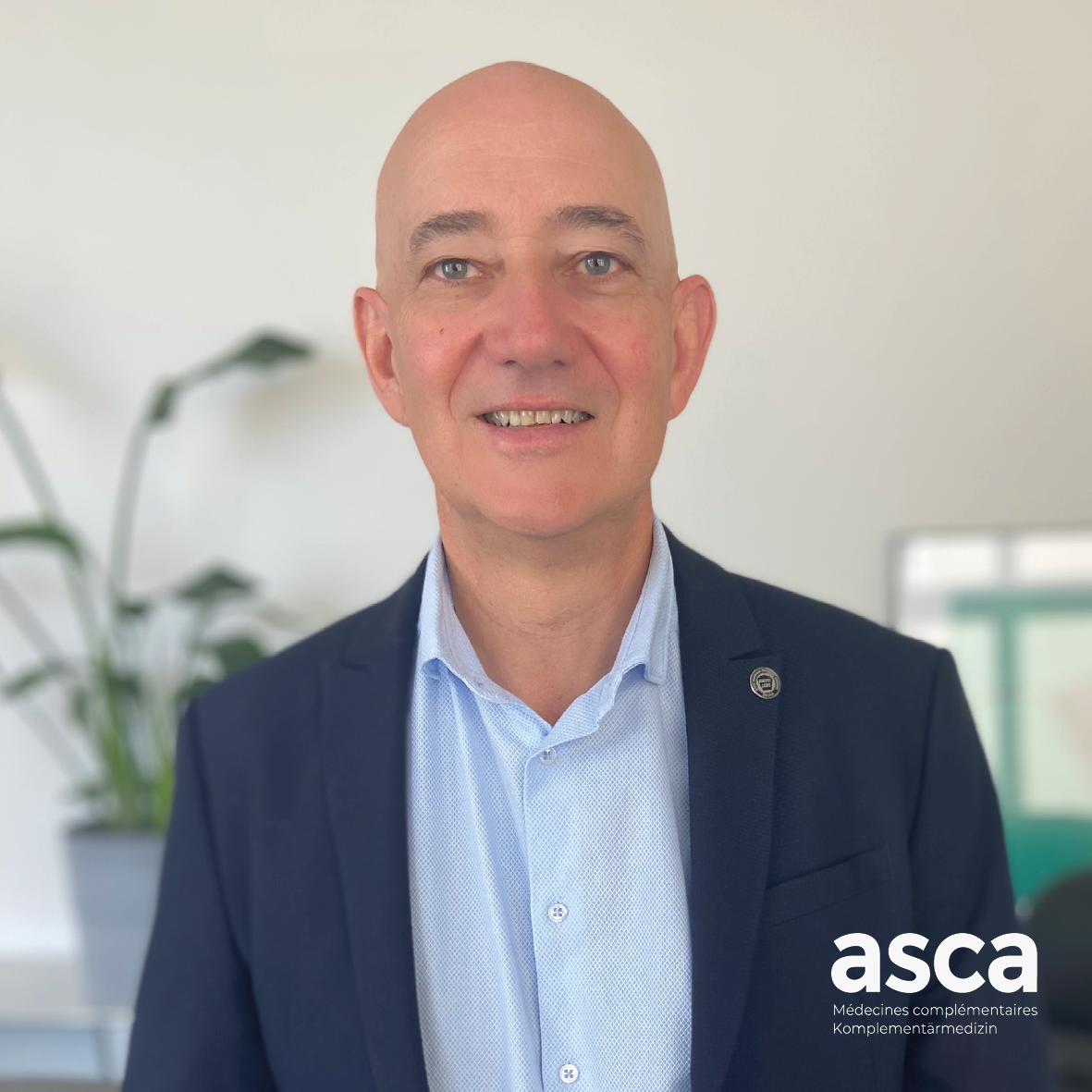Bruxism
HYPNOSIS BRUXISM
Hypnosis can be a great help for people suffering from bruxism, that involuntary grinding or clenching of the teeth often linked to stress or unconscious tension. By acting on the root causes - emotional or psychological - of bruxism, hypnosis helps to release tension, calm the mind and modify automatic behaviors. This helps reduce the frequency and intensity of episodes, while relieving associated jaw, neck and head pain.
-
Hypnosis helps to calm the mind and release tension accumulated during the day, which often results in clenched jaws at night.
-
Using targeted suggestions, hypnosis relaxes the muscles of the face and jaw, reducing pain and tension.
-
As bruxism is often an involuntary behavior, hypnosis can help reprogram these unconscious reactions to install calmer responses.
-
Hypnosis helps to limit nocturnal bruxism by promoting a calmer sleep and deeper sleep.
-
By reducing the frequency of bruxism and easing muscular tension, hypnosis reduces jaw and tooth pain, as well as the headaches often experienced by those affected.






